
Coalition Crisis: Minor Parties Threaten Government Exit Amidst Dissatisfaction
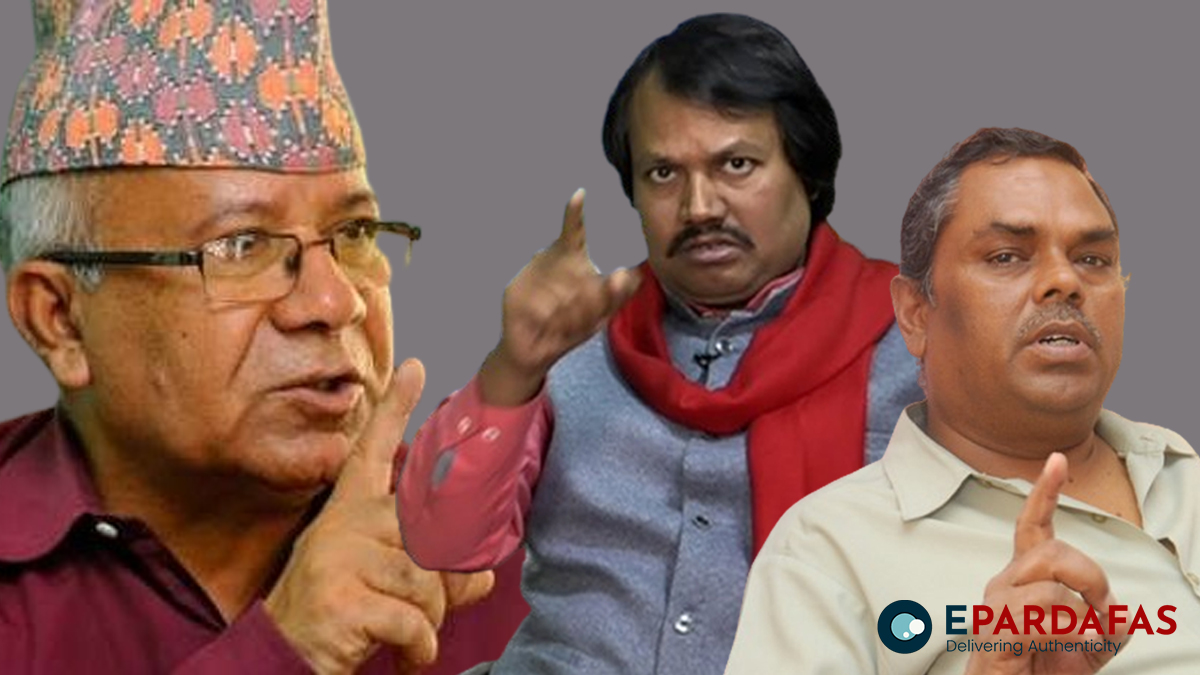
In the lead-up to the National Assembly (NA) election, a wave of dissatisfaction is sweeping through smaller political parties, as the Nepali Congress (NC) and the CPN-Maoist Center show eagerness to incorporate the CPN-UML into the fold under the banner of consensus. The Janata Samajbadi, CPN-Unified Socialist, and Janamat Party are among those expressing strong reservations, citing exclusion from recent coalition discussions.
Janamat Party Chairman Dr. CK Raut has voiced his discontent, highlighting the lack of invitation to coalition meetings. Raut remarked, “Where does the opportunity for the people of Madhes go in power? All significant and older leaders claim their rights.” He also raised concerns about the lack of transparency, stating, “If decisions are made after the coalition, why are we only informed after decisions?”
Other parties echo this sentiment, with one leader asserting, “Giving seats to the UML is like defying the norms of the election itself. Elections must take place in democracy. Why does this coalition need to exist if the UML joins?”
The Unified Socialist Party warns that collaboration with the UML in the NA election could jeopardize their continued participation in the coalition. The Shekhar-Gagan faction of the NC, a significant component of the ruling coalition, opposes aligning with the UML in the National Assembly election. A faction leader stated, “It’s not appropriate for the opposition to cooperate with the government. Whether the NC should ally with the UML or retain the existing coalition; this has to be settled.”
Even as the UML managed to postpone transitional justice-related bills and engaged in negotiations for NA seats, coalition partners remain skeptical about the UML’s role in the days ahead. Maoist Center General Secretary Dev Gurung emphasizes the need for a consensus government.
The Nagarik Unmukti Party, another coalition member, appears inclined to incorporate the UML but insists on securing a single seat for themselves in the January 25 election. Political analyst Shyam Shrestha sees the debate around including the UML in the NA as natural but expresses surprise at the opposition’s keenness for power.
As the political landscape continues to evolve, the dynamics within the ruling coalition hint at potential shifts, raising questions about the unity and direction of Nepal’s political future. The looming NA election holds the key to the resolution of these internal tensions and the formation of a stable government.
- Bombing at Quetta Railway Station Kills 25, Including 14 Soldiers, in Pakistan’s Balochistan Province
- Gautam Buddha International Airport Welcomes Three International Flights Today
- Explosion at Railway Station in Pakistan’s Balochistan Province Claims 17 Lives, Injures Dozens
- U.S. Army General Visits Kathmandu to Honor Marine Corps Anniversary and Bolster Military Ties
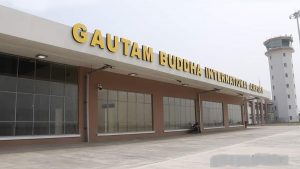
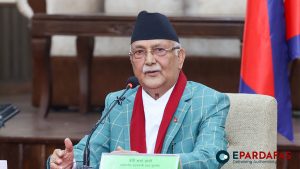
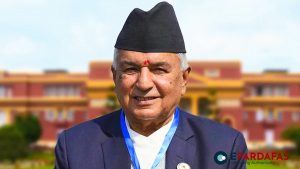


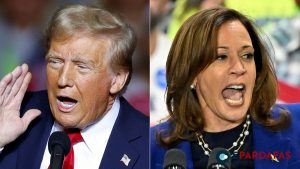

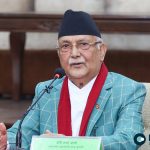

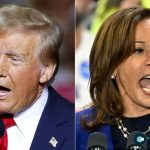


Comments